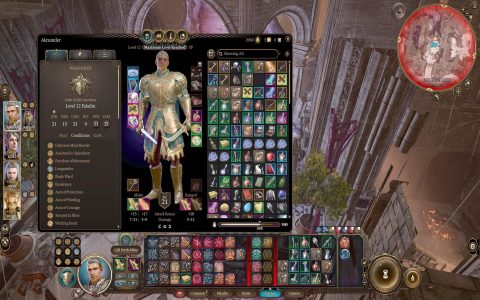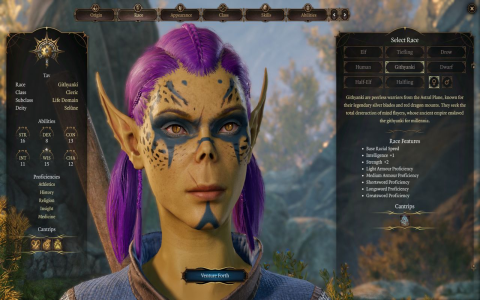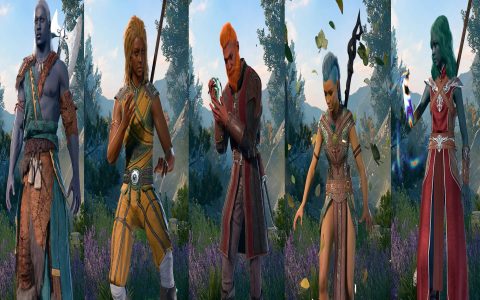Back when I played Baldur’s Gate 3, I’d just click randomly wherever I felt like it. I’d pick a class on a whim, level up skills based on gut feeling, and end up with weird characters—like a mage whose spells kept failing, or a rogue who ran slow and couldn’t hit anything. Every battle would end in seconds with me wiped out, forcing me to restart. That changed last night when I decided to seriously try the game’s “Class Planning Tool.”. I expected it to be complicated, but it actually helps new players avoid a lot of pitfalls.
First Time Using It, No Idea Where to Click
Opening this tool nearly overwhelmed me. The screen was packed with terms: classes, subclasses, feats, skills… it was dizzying. I randomly clicked “Warrior,” thinking fighting monsters couldn’t be wrong. But then I had no clue what to choose next.
Luckily, I noticed a small question mark icon next to each option. Hovering my mouse over it instantly popped up a description—telling me “Combat Master” lets you control enemies with tactics, while “Champion” specializes in boosting critical hit rates. Though just a few sentences, it was incredibly useful for a newbie like me. I started hovering over each term one by one to understand what they meant.This feature seemed simple, but it really saved me a lot of guesswork.
Wanted to be a nimble mage, but it turned out to be trickier than expected
This time, I wanted to create a character who could cast spells and dodge attacks. I first chose “Rogue,” then spotted a subclass called “Arcane Trickster” that sounded perfect. Next came distributing attribute points.
The tool had a dedicated warning: “If you plan to cast spells, your Intelligence can’t be too low, or your spells will frequently fail.” I realized I’d almost only allocated points to Dexterity and forgotten Intelligence, so I quickly fixed it. Constitution is also crucial, because getting hit while casting spells can easily interrupt you. These hints felt like someone whispering beside me, reminding me not to make rookie mistakes.
Next came skill selection. I chose “Stealth” and ‘Dexterity’—both perfect for sneaking up on enemies. I considered “Animal Handling” too, but the description made it clear it wouldn’t help my character, so I dropped it.
At level 4, the system recommended a specialization called “Mobility.” The description read: “After moving using a skill, enemies cannot immediately attack you.” This was perfect—allowing me to safely escape after an assassination! Without this hint, I might have randomly picked a useless specialization, only to get surrounded and beaten up during combat.
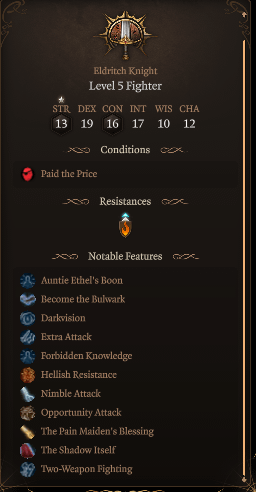
Which features made me think, “Oh, you can do that?”
As I played, I discovered three features that were incredibly useful, clearly designed for newbies like me:
- It guides me step-by-step on what to choose next. For example, at level 4, it popped up a suggestion: “Recommended: choose ‘Mobility’ or ‘Resilience.’” No need to look up guides or click randomly.
- Every technical term comes with a simple explanation. Take “Focus”—it explains: “If you’re casting spells, getting hit might interrupt you, so you’ll want higher Constitution.” It sounds like a friend teaching me, not a teacher lecturing.
- It also warns me about risky class combinations. Once, I tried adding Ranger levels to my Rogue. The tool alerted me: “This combo requires specific conditions to work effectively; otherwise, both classes may become weaker.” That’s when I realized you can’t just mix classes randomly—it matters whether they synergize well.
Avoiding a Major Mistake Thanks to the Tool
The most nerve-wracking moment happened when I was playing a Mage. I’d chosen the “Conjuration School” and was about to skip spell selection to start the game. Then I spotted a collapsed section in the tool labeled “Recommended Spells for Newbies.” I casually clicked it open and saw “Magic Missile” and “Shielding Spell” highlighted.
I figured, “Well, they don’t take up any inventory space, so why not add them?”
Then, when I first encountered an ogre, it swung its axe at me. I immediately cast “Shielding Spell”—and in that instant, the damage was completely blocked! Without that spell, I would’ve been knocked down instantly, forcing me to reload my save. At that moment, I truly felt this tool wasn’t just helping me allocate attributes; it was teaching me how to survive.
No More Random Skill Allocation
I now have three distinct character builds saved: a high-burst rogue-mage hybrid, a tanky warrior, and a pure spellcasting summoner. While they might not be the strongest, each can reliably finish a fight without getting stuck on the first turn.
I still jot notes in my little notebook, but I never again have to force a “useless character” into combat.Before, I’d die while fighting; now, I plan before I act. This feels completely different—no longer relying on luck, but truly “playing” the game instead of being played by it.
So if you’re like me and always end up with weird builds, give this planning tool a try. It won’t make you an expert overnight, but it’ll show you common pitfalls and how to avoid them. Having fun is what matters most, right?
